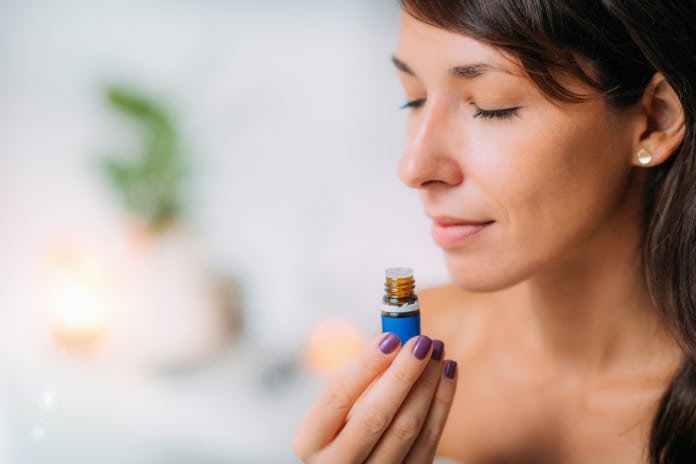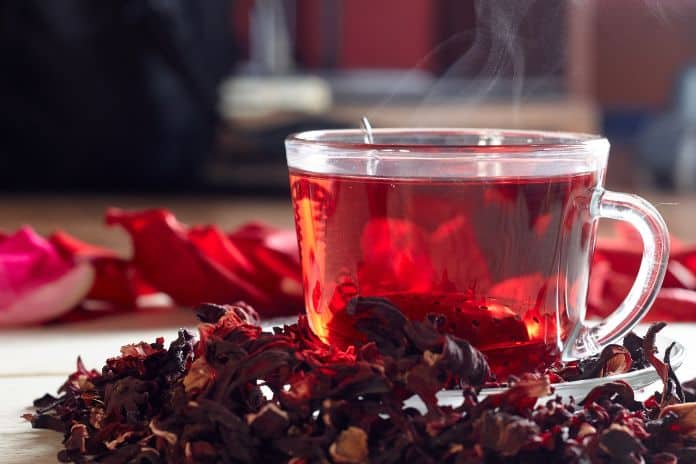Aromatherapy: What It Is and How It Impacts Your Health

Aromatherapy has long been used for its antibacterial, antioxidant, and antianxiety properties. In more recent years, it has surged in popularity as more people turn to all-natural remedies for improved well-being. But what exactly is aromatherapy, and how does it impact your health? Learn this and more below.
Defining Aromatherapy
In a nutshell, aromatherapy involves using essential oils to improve physical and emotional well-being. Essential oils are concentrated plant extracts that capture the natural aroma and beneficial properties of their source. These oils hold concentrated plant compounds that can influence the body’s systems when inhaled or applied to the skin.
The Benefits of Aromatherapy
Aromatherapy offers a wide range of benefits that cater to both mental and physical health. For one, many people find that it helps alleviate anxiety and improve sleep quality. Lavender essential oil, for example, is well-regarded for its calming properties. Inhaling some lavender oil before bed can help your mind and body calm down and settle into sleep.
On the other end of the spectrum, people looking for an energy boost and improved focus can try using peppermint oil. This essential oil is a great pick-me-up during work or study.
Likewise, another highly beneficial essential oil is cinnamon, one of the best plants for increasing your productivity level. Known for its warm and spicy scent, cinnamon essential oil can improve circulation, reduce inflammation, and enhance cognitive function. Additionally, it has antimicrobial properties, making it a useful tool in strengthening the immune system.
Potential Concerns With Aromatherapy
While aromatherapy has many proven benefits, there are some safety considerations to keep in mind. Some individuals may experience allergic reactions to certain essential oils, especially when applied directly to the skin. Therefore, you should always perform a patch test before inhaling or applying any essential oil to your body.
Additionally, pregnant women, children, and elderly individuals should consult healthcare professionals before trying aromatherapy. Again, though the therapy is generally safe, these groups are more vulnerable to medical complications and should be careful with anything health-related.
Finally, ingesting essential oils is hazardous. This is mostly a concern for people with small children in their homes, but it requires mentioning.
How To Enjoy Aromatherapy Safely
Now you understand what aromatherapy is and how it impacts your health—but how can you experience its benefits for yourself in a responsible way?
The best way to enjoy aromatherapy is by using either a diffuser or a humidifier. These devices disperse diluted essential oils into the air, making it easy to inhale their soothing scents.
If you prefer topical application, dilute essential oils with a carrier oil like coconut or jojoba to prevent skin irritation. Keep in mind that some essential oils, such as citrus varieties, can be phototoxic. This means that they can cause skin irritation if you apply them and then receive sun exposure. Remember this for those sunny, poolside days!
Finally, for any essential oils not in use, keep them in a cool, dark place to retain their efficacy and potency. In fact, you can even store them in the fridge.
With your newfound knowledge about aromatherapy, are you ready to start incorporating it into your life? Consult with your healthcare provider before beginning use, and remember to follow safety guidelines. We hope you enjoy the benefits that essential oils can bring to your mind and body.






